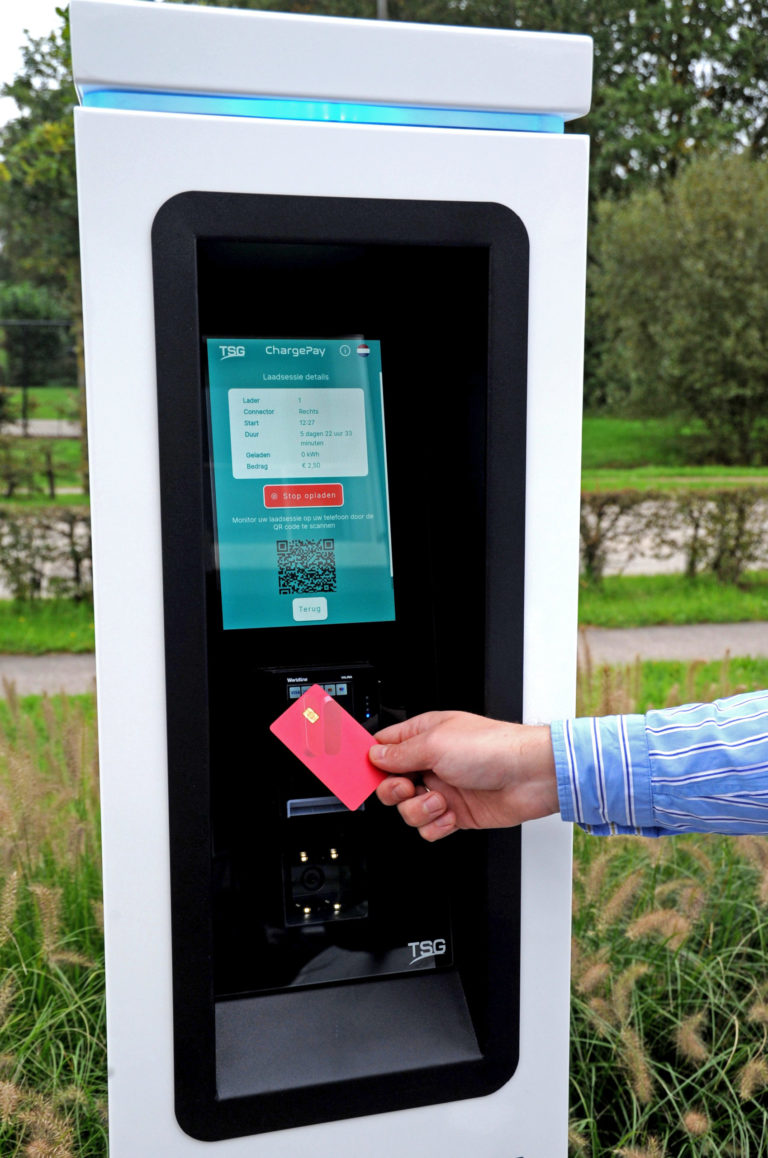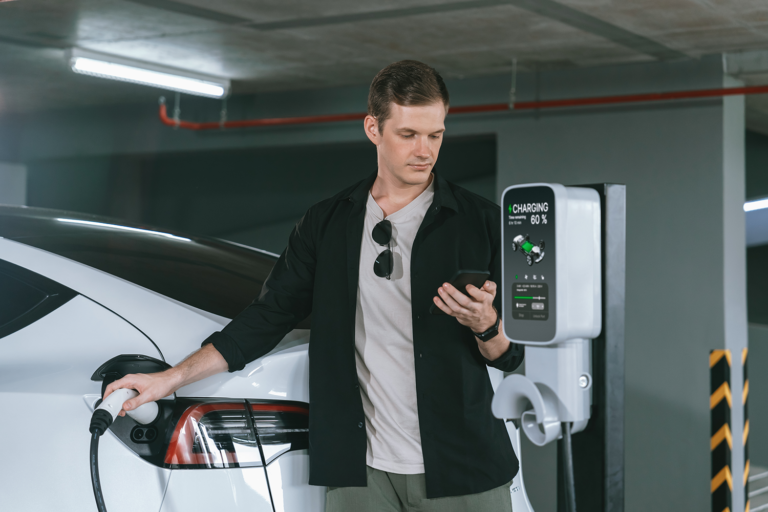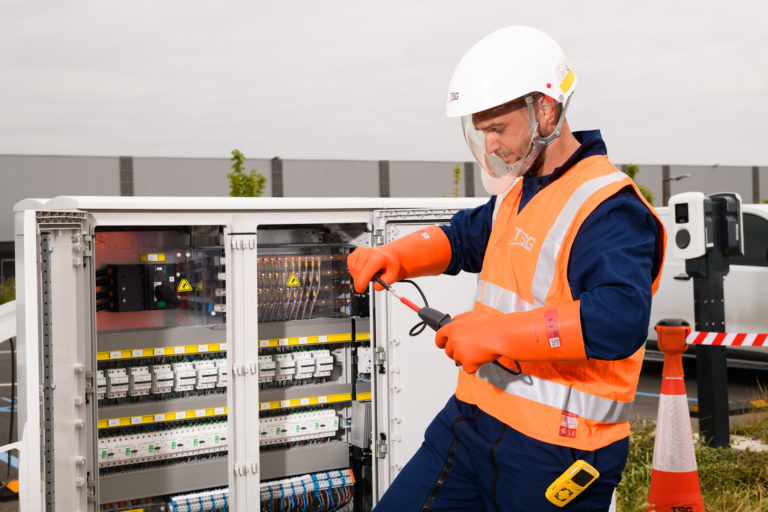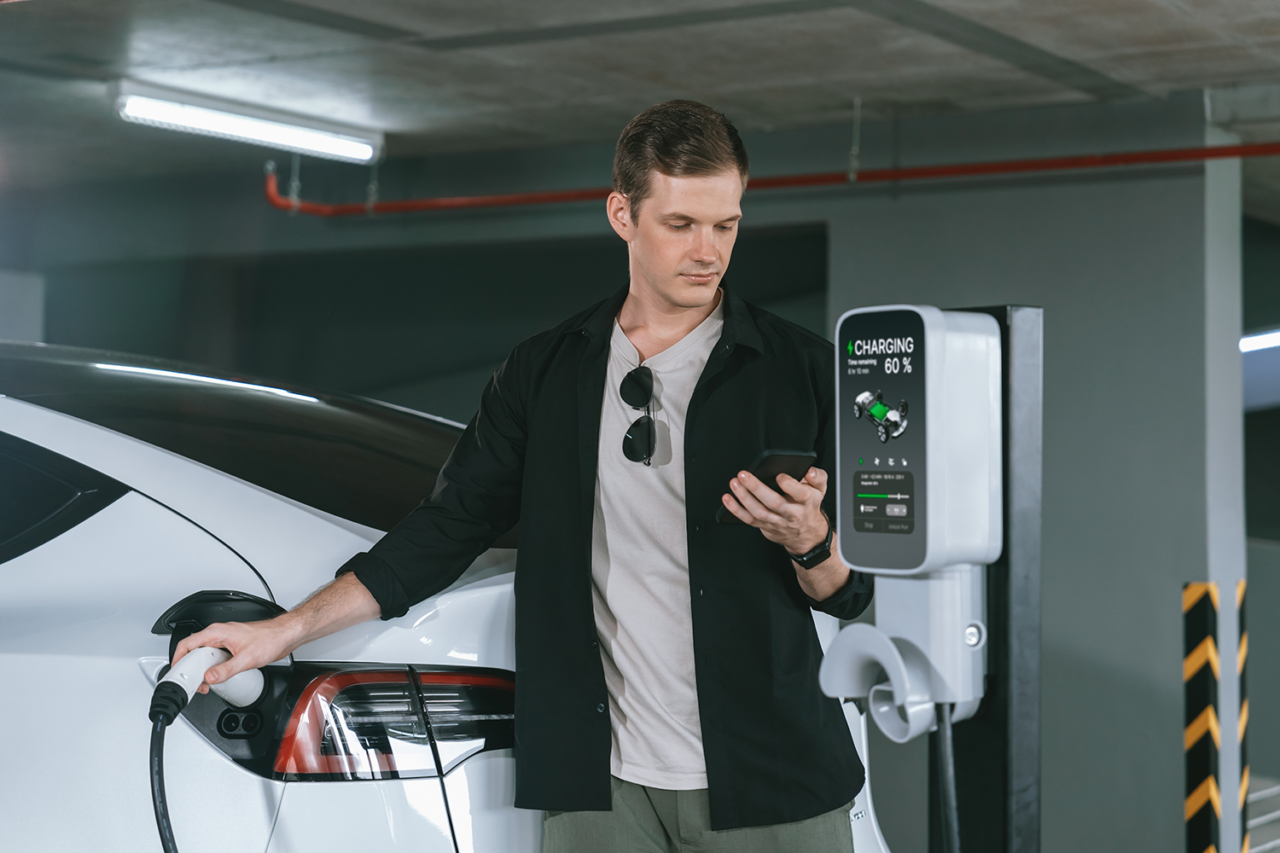The UK government’s Public Charge Point Regulations 2023 represent a major transformation in the electric vehicle (EV) charging sector. Designed to enhance user experience, these regulations also introduce a range of complex challenges and opportunities for Charge Point Operators (CPOs).
The new rules, specified by the Secretary of State, bring significant changes to the charging infrastructure landscape in the UK, with the key aims of improving the charging experience for EV drivers and promoting the adoption of e-mobility. With the increasing emphasis on sustainability and emission control, the mandate intends to ensure a smooth transition to a cleaner and more energy-efficient transportation system.
For CPOs, the new regulations signified more than just an adjustment in operational standards; they have effectively redefined the EV charging business model. This article examines the key mandates impacting both CPOs and charge point users.

Payment Methods
CPOs must offer multiple payment options for charge points, including contactless and mobile payments, to ensure accessibility and convenience for users.
All public charge points must support contactless payment methods, including all major credit and debit cards. These services should be available to consumers on an ad-hoc basis, without the need for a pre-existing contract with the operator. Public charge points that are free to use are not subject to this requirement.
Additionally, operators must facilitate payments through mobile applications such as Apple Pay, Google Pay and PayPal.
Looking ahead, the regulations dictate that by December 2025, charge points must support payments through at least one third-party roaming provider. This move towards interoperability aims to create a more seamless experience for EV drivers, but it necessitates that CPOs develop new functionalities in their systems or integrate with third-party services.
These methods ensure that users can easily pay for charging services without needing a subscription or specific app, enhancing the overall user experience.

Pricing Transparency
A CPO must ensure that their pricing is transparent and easily accessible to consumers. The maximum price a consumer could be charged during their charging session must be clearly displayed in pence per kilowatt hour (p/kWh) or pounds per kilowatt hour (£/kWh) on the public charge point, payment terminal or via a separate device. Fixed charging fees, including connection fees, transaction fees and any other charges must be included in the price shown.
If pricing information is displayed through a separate device, such as an app, it should be easy for consumers to find and must be available without requiring a pre-existing contract with the charge point operator.
Dynamic or off-peak pricing, where the price fluctuates during the charging session, is permitted. However, the price charged to the consumer must not exceed the maximum price displayed to them before charging begins.

Reliability
Crucial to building public confidence will be the dependability of the charging network, with the new legislation demanding a 99% reliability rate over a CPO’s network throughout each calendar year.
To substantiate the 99% criterion is being upheld, the CPOs must submit quarterly reports to the Secretary of State, providing information on the reliability of its charge points and the type of support sought by users.
Public charging areas will undoubtedly benefit from a comprehensive Planned Preventative Maintenance (PPM) strategy, consistently maintaining the chargers in tip-top condition.
Regular charge station maintenance helps site owners remain compliant with health, safety and environmental protocols, operate efficiently, avoid possible penalties and safeguard the business’s reputation.
Please note: If a charge point is unavailable due to routine maintenance or factors beyond the operator’s control, such as vandalism or severe flooding, the operator may be exempt from the reliability requirement for the affected charge point(s) during this period.

Data Reporting
CPOs must provide accurate real-time data on charge point availability and pricing by using the Open Charge Point Interface (OCPI) to manage and share their data.
Operators must submit comprehensive electronic reports detailing charge point uptime to the government upon request. These reports should also be made available to any distribution network operator, transmission owner or electricity systems operator that supplies energy to their public charge points.
Additionally, the CPO must provide quarterly reports detailing the total number of calls received by the helpline, the nature of the assistance requested, the time taken to resolve each issue, and the percentage of unresolved issues along with the reasons why.
A CPO may engage a third party to assist with hosting and communicating the required data, as long as the data complies with regulatory requirements.
These practices help maintain the reliability and efficiency of the charging network, ensuring a better experience for electric vehicle owners.
Helpline
A CPO is required to offer a free, staffed telephone helpline available 24/7, 365 days a year for consumers. The helpline’s contact details must be clearly displayed at all public charging sites they manage. The support line must be entirely free to use at all times and provide real-time help for consumers. A voicemail option won’t meet the guidelines, nor will numbers that incur local call charges.
CPOs are expected to help consumers and fix problems that are within their control, such as software issues. They are not expected to handle issues beyond their control, such as power outages.
Helpline reports need to be sent to the Secretary of State for analysis; the first one is due by 31 December 2024. For more details, please refer to the data reporting section.

TSG is here to help
At TSG UK Solutions, we understand the importance of effective preventative maintenance for EV charge stations. Therefore, we offer customised service and maintenance programmes that cover EV charging solutions and electrical infrastructure throughout the year. TSG works closely with clients to develop a service plan tailored to their specific needs.
The maintenance and upkeep of EV charging stations are integral to the success of the electric vehicle ecosystem. By prioritising regular inspections and preventive maintenance, operators can ensure their stations provide a reliable, safe and efficient service.
TSG’s team of experts is available to offer support, report faults, discuss issues and provide technical advice on EV charging equipment. For larger groups with more complex needs, TSG can assign a dedicated key accounts manager to oversee their service and maintenance schedule and advise on system or equipment upgrades as needed.
By choosing a single trusted supplier for all inspections and remedial work, site owners can manage maintenance costs effectively and minimise the risk of unplanned callouts and unexpected downtime.
Author: Cheryl Ashton


